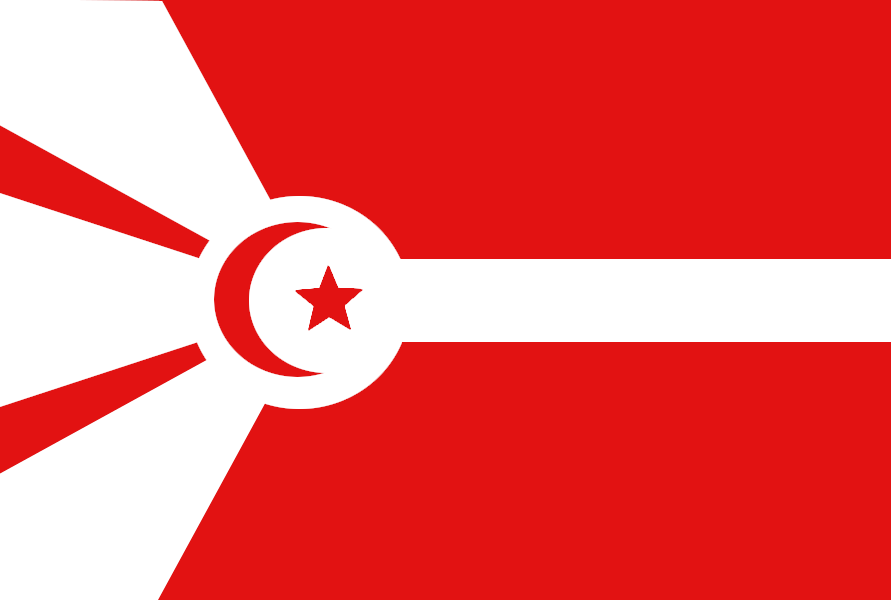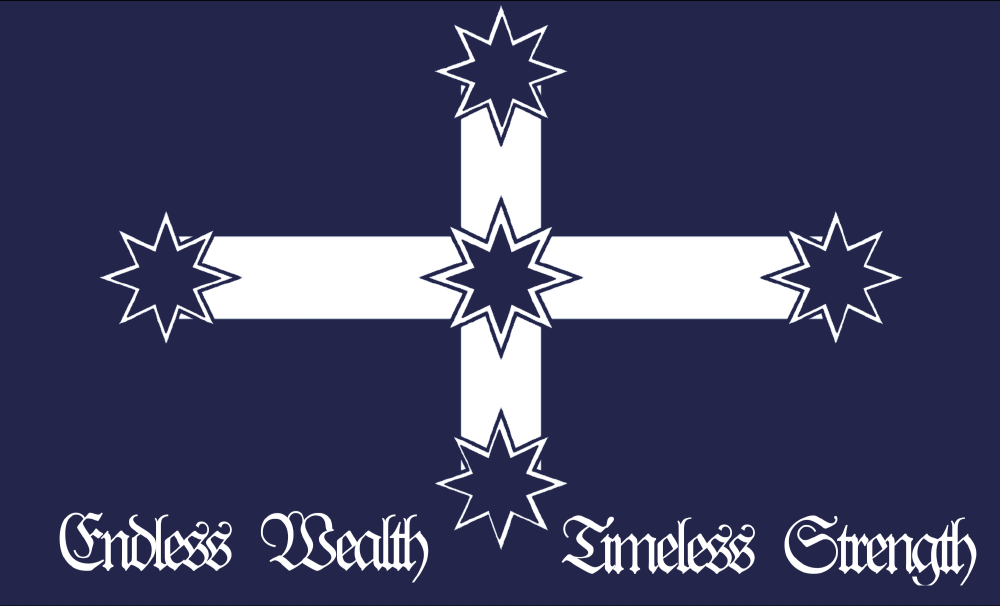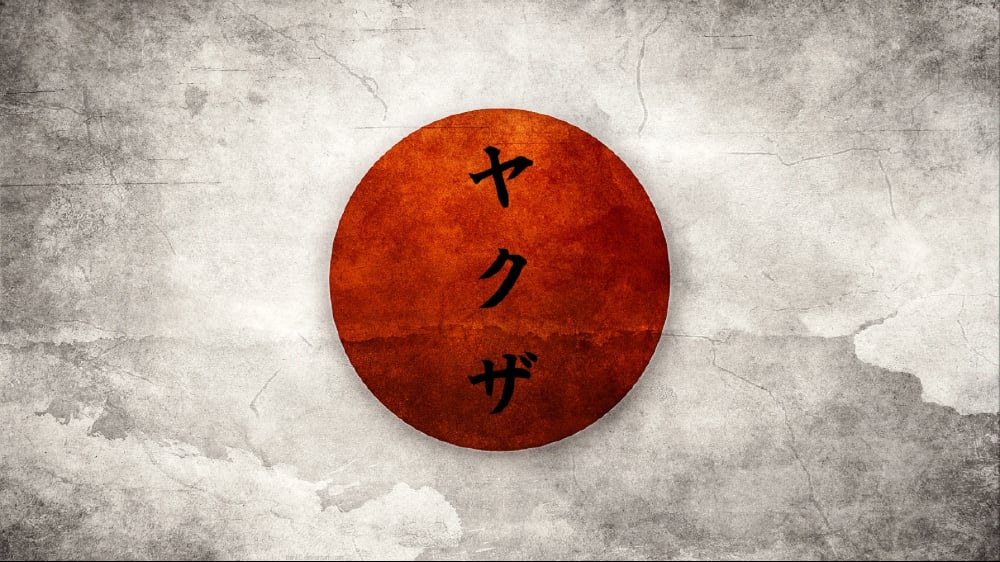The Constitution of the Union of Free Republics
Preamble
The Strive for Unity and Equality has been a struggle of Humanity since its inception. For the cause of survival to the people of the world, for the purposes of their own individual and collective freedoms - both for liberty and from foreign intervention and imposition - and for the mutual protection of those states that strive to bring about the rule of righteousness in the land, so that the strong may not harm the weak for their own gain or self satisfaction, we hereby declare a Union, most perfect in its creation and its expression, divinely charged with the protection of all that is beautiful and necessary for the prosper and good of all citizens of the world.
Article I - Legislature
Section I
All Legislative and Law Making Powers are to be vested in a Bicameral Congressional body consisting of both a Parliament and Senate.
Section II
In this Bicameral Legislature, the Parliament shall operate and function as the lower house for purposes of prestige, governance and subjected matters. All member states of the Union of Free Republics shall have exactly one (1) vote in the Parliament. Their vote in Parliament is relinquished should their Delegate (or Delegation) hold a higher position in the Senate.
Section III
In this Bicameral Legislature, the Senate shall operate and function as the upper house for purposes of prestige, governance and subjected matters. Senate elections can be called by the Executive Council (Provisions described in Article II) or by the Parliament (Provisions described in Article I). However, these elections may not take place if an election has been called by the body currently calling for one within the previous 25 days. In an election, each member state of the Union is allowed to cast exactly one (1) vote for a Senatorial Candidate. Any member of the Legislature not serving in the Executive Council may apply to be a candidate in the Senatorial Election. Should a candidate of importance in the Parliament win Senatorial Election, they shall cease to hold office in the Parliament and a special replacement election is held in that lower house. The number of Senate Positions is equal to one - fifth (⅕) the number of Parliamentary Positions, always rounded down.
Section IV
The Lawmaking Process of this Union is required to follow a series of steps and procedures. First, the Executive Council or a Senator will propose a law or proposition that must be voted on in the Senate. Should this proposal receive a majority of votes (excluding abstentions) in the upper house, it is moved to the Parliament. In the Parliament, leaders of the lower house decide in committee whether to approve or reject the proposal for general voting. If approved, the entire Parliament then votes on the proposal requiring a majority of votes (excluding abstentions) for the proposal to be moved into law. Once introduced as a law, the responsibility of enforcement falls to the Executive Council, namely the Junior and Senior Counselors. All voting is given seven (7) days to occur.
To overturn previously legislated laws and propositions; a new proposition must be made that is directed to overturn the previous. The voting for this proposal is identical to that of the previous methods.
Section V
Both the Parliament and Senate have Bureaucratic Apparatuses to ensure the proper and continual function of those houses. The number of positions on these apparatuses is equivalent to one - third (⅓) the total number of members of that house, always rounded down, with a minimum of one.
The Parliament is able to decide on its own leadership roles and membership in the Junior Committee, but there must always be a Speaker of the Lower House, wielding executive authority over the presided house. The Speaker of the Lower House is appointed by the Chair of the Executive Council from a selection of Parliamentary delegates applying for the position. In turn, the Parliament drafts a proposal that describes the roles present in the Junior Committee, which are then filled by appointees of the Speaker of the Lower House. No one person may have more than one position or role at a time. The change of Speaker of the Lower House can occur either by decision of the Chair of the Executive Council or by a majority vote in the Parliament. If this occurs by vote, the same Speaker cannot again be chosen for three (3) further cycles. A redrafting of the roles in the Junior Committee is required every time the Parliament gains or loses a seat on said committee (each time the value of the Parliamentary Seats divided by three (3) changes).
The Senate is able to decide its own leadership roles and membership in the Senior Committee, but there must always be a Speaker of the Upper House, wielding executive authority over the presided house. The Speaker of the Upper House is appointed by the Chair of the Executive Council from a selection of Senatorial delegates applying for the position. In turn, the Senate drafts a proposal that describes the roles present in the Senior Committee, which are then filled by appointees of the Speaker of the Upper House. No one person may have more than one position or role at a time. The change of Speaker of the Upper House can occur either by decision of the Chair of the Executive Council or by a majority vote in the Senate. If this occurs by vote, the same Speaker cannot again be chosen for three (3) further cycles. A redrafting of the roles in the Senior Committee is required every time the Senate gains or loses a seat on said committee (each time the value of Senatorial Seats divided by three (3) changes).
In both houses, the Executive power of the Speaker of that house enables them to submit legislation requests to the Chair of the Executive Council and have one honorary vote in the Executive Council. They also have the task of appointing members of their house to the Executive Council (the number of appointees is determined by the Chair of the Executive Council with a minimum of one (1) for the Parliament). Furthermore, the Speaker of the Lower House may propose legislation directly for vote in the Senate and call for referendum to bar voting for a particular member of the Parliament (requiring a majority of members of Parliament (excluding abstentions) to pass, only one can be in effect at any given time). The Speaker of the Upper House can call for referendum to remove a member of the Senate following normal voting procedures in the upper house. This action can only be taken once in 25 days and if successful the Parliament must immediately elect a replacement. The same delegate is permitted to be elected back to the Senate.
The Speaker of the Lower House may propose a motion to Parliament that calls for a Senate election. This may only occur if the most recent election was more than twenty-five (25) days ago. In the event that this occurs, the Parliament holds a vote and with a majority of the members voting yes (excluding abstentions) a new election for the seats of the Senate is held immediately. Current members of the Senate may run for reelection. After the election process, Senate leadership must be again chosen.
Should a member of the Senate be inactive and unresponsive for more than seven (7) days a special election is held for a replacement among the Parliament in which the same candidate cannot seek reelection (in this particular round of voting).
Section VI
The following are enumerated powers of the Legislature of the Union of Free Republics although their powers do extend beyond simply these if such powers are not delegated to another portion of the government.
The Power to Borrow Money
The Power to Regulate International Coordination
The Responsibility to Allocate Appropriate Monetary Efforts
The Necessary Power to Prescribe Monetary and Resource Collections
The Power to Punish Member States as seen Necessary (with the exception of Expulsion from the Union)
The Necessary Power to Declare Wars and Draft Treaties with other Similar Unions
The Power to Embargo and Rival other Similar Unions
The Responsibility to Grant Necessary Aide to Member States in need (must be Approved by the Executive Council)
To Set Forth Requirements of becoming a Member of the Union
To Settle Disputes between Legitimate Member Nations of the Union
The Necessary Responsibility to Draft and Create Laws and Regulations that are deemed Necessary to the Continuation of the Union
Article II - Executive
Section I
All power to enforce the laws and legislation of the Legislature falls to the Executive Council, namely the Chair of the Executive Council. Junior and Senior Counselors are responsible for assisting the Chair in delegated duties.
Section II
The Chair of the Executive Council comes into office upon appointment of the previous Chair. Before assuming this role they are given the title of Vice Chair of the Executive Council. This position has no authority beyond that delegated to them by the Chair of the Executive Council. The Chair of the Executive Council cannot be removed from office except by their own custom and decision.
All Seats in the Executive Council aside from the Chair are appointed by the Chair of the Executive Council. The number of seats on the Council is determined by vote in the Senate but cannot surpass ⅕ the size of the Parliament (rounded down). Furthermore, there must always be a Vice Chair of the Executive Council chosen by the Chair. Any member of the Council is unable to serve in either Parliament or Senate.
Section III
The Executive Council is composed of Senior and Junior Counselors. Senior Counselors are directly appointed by the Chair of the Executive Council and given tasks by the Chair. Junior Counselors are nominated by Senior Counselors and confirmed by the Chair of the Executive Council. All Senior Counselors are nominated by the Chair of the Executive Council and then approved by the Senate in a simple majority vote. Each Senior Counselor must have a specific area of focus for their labor and department (collection of a Senior Counselor and all subordinate Junior Counselors). Counselors may only be removed from office at the request of the Chair of the Executive Council and confirmation of the Senate.
Section IV
Members of the Executive Council have the following voting authority at conventions of the Council and sessions of vote, not all votes must be cast with the same side of an issue
The Chair of the Executive Council shall cast up to ten (10) votes
The Vice Chair of the Executive Council shall cast up to four (4) votes
Each Senior Counselor shall cast up to three (3) votes
Each Junior Counselor may cast one (1) vote
The Speaker of the Upper House may cast one (1) vote
The Speaker of the Lower House may cast one (1) vote
Section V
The following powers are directly vested and enumerated for the use and discretion of the Executive Council and Executive Bureaucracy, any unmentioned powers may be bestowed upon the Council by a vote of three fifths (⅗) in both houses of the Legislature if such powers are not delegated to another portion of government.
The Power to Organize Militaristic Response to Extra-Unitarian Threats
The Power to Enter Diplomatic Agreements with the Approval of both Houses of the Legislature
The Duty to Inform the Memberstates of the Union of Government and Diplomatic Proceedings as seen necessary for the continued vitality of the Union
The Duty to Guarantee Freedom of the Several States of this Union
Article III - Member States
Section I
To ensure the continuity and liberty of the several members of this prestigious Union, the following rights of individual member states must not be encroached upon by the Executive Council or Legislative Body without just cause.
The Liberty to Decide and Determine a Just form of Government to continue the proper course of Governance for a respective people and populace
The Right to Maintain National, Sovereign territory, region and borders that cannot be encroached upon by the Union
The Right to Provide for Citizens of the Nation in a way as seen fit by the consent of said citizens
The Right to Regulate Trade within the Territory, Region and Borders determinately delegated to each Sovereign Nation
The Right to enact and enforce laws such that are seen fit within a particular nation under the circumstance they do not interfere with or impede upon this Constitution or any Amendments hereafter
The Liberty to Care for the Citizens of each Nation’s own Territory, Region and Borders without interference from the Union
The Indefinite Right to Secede from the Union with just cause
The Right to call upon the Executive Council in the event of invasion or violent threat to Sovereignty
The Right to Representation in the Government of the Union given that the Nation has not violated the Duties it shares in said Union
The Right to Petition the Speaker of the Upper House, Speaker of the Lower House or Chair of the Executive Council for redress of grievances when a time is seen
Section II
To Ensure Equality under the Just Laws and Regulations of this Union, the Following Outline Requirements, Demands and Duties of every Member State without regard for Government Position or Authority, all Members are Subjected to the Same Necessities.
The Duty to Allow for Collection of Taxes from Sovereign Citizens to Better the Union
The Duty to Allow Freedom of Movement between States for Representatives of the Central Union Government
The Demand of Military Contribution should the situation be evidently extreme and both the Legislature and Executive Council deem Necessary for the Vital Survival of the Glorious, Sacred Union
The Duty to Submit to the Laws and Regulations of the Legislature’s Design given they do not interfere with the Rights and Privileges granted to member nations by this Constitution or any hereafter amendments of said Constitution
Article IV - Judiciary
Section I
Given the little and Infrequent need for Judiciary Guidance in this Union, a Consistent Judiciary does not need establishment except by order of a Legislative Act or Special Circumstance. A Special Circumstance arises when in the event a member State feels that their Sovereign Rights are being discriminately violated and infringed upon. Under such circumstances, three (3) members of each House of the Legislature chosen from available candidates at random as well as the Chair of the Executive Council shall convene to preside over the Case. If the Chair of the Executive Council is unavailable, they shall name a replacement Counselor. This panel will hear the said case, decide on ruling and then disband. These rulings cannot be universal or implicative as each case must be decided individually.
Section II
When Ruling on a Case, the group conducting the Ruling must not include any National Delegation accused of interfering with the Sovereignty of another Nation should the accused parties not exceed the number of qualified candidates. The Legislature is given the task for outlining the Rules and Regulations of the Judiciary beyond these aforementioned Provisions.
Article V - Amendmentation
Section I
Amendments to this Constitution may occur under the aforementioned circumstances.
The Amendment must originate as a Suggestion by the Chair of the Executive Council and receive a majority vote in the Executive Council. The Senate then hears arguments on the Amendment and it is sent to a special committee chosen of one-fifth (⅕) of available Senators (rounding down) who are chosen at random. With a majority vote in this committee the Amendment is voted on in the Senate Floor. The Amendment must receive three-fifths (⅗) of votes (excluding abstentions) to continue in deliberation. The Parliament then creates a special committee chosen of one-fifth (⅕) of available Parliamentarians (rounding down) who are chosen at random. With a majority vote in this committee the Amendment is voted on in the Parliament Floor. The Amendment must receive three-fifths (⅗) of votes (excluding abstentions) to continue in deliberation. Following approval by these mechanisms, the General Member States of the Union must vote on the Proposal. Upon receiving a vote of three-fifths (⅗) with the exception of abstentions, the Proposal may be added to this Constitution.







































